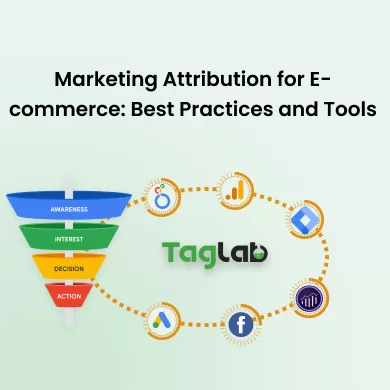Your cart is currently empty!
Brand Monitoring
Posted by:
|
On:
|
Brand Monitoring is the process of tracking and analyzing various aspects of a brand’s performance and reputation across different channels and platforms. This involves monitoring brand mentions, customer feedback, market trends, and competitors to gain insights into how the brand is perceived by consumers and the overall market. Effective brand monitoring helps organizations understand their brand’s strengths and weaknesses, enabling them to make informed decisions to enhance brand equity and consumer relationships.
Detailed Explanation
Brand monitoring encompasses several key activities and components:
- Social Media Monitoring: Tracking mentions of the brand on social media platforms, analyzing engagement levels, and understanding consumer sentiment through comments, shares, and likes. This helps brands respond quickly to feedback and manage their online reputation.
- Online Reputation Management: Assessing how the brand is viewed on review sites, forums, and blogs. This includes monitoring customer reviews, ratings, and overall sentiment to address concerns and improve the brand image.
- Competitor Analysis: Keeping an eye on competitors’ activities, including their marketing strategies, customer engagement, and market positioning. Understanding how competitors are perceived helps brands identify opportunities and threats.
- Market Trends Analysis: Monitoring industry trends and consumer behavior to stay ahead of market changes. This involves using analytics tools to gather data on emerging trends that may impact the brand’s strategy.
- Campaign Performance Tracking: Analyzing the effectiveness of marketing campaigns and initiatives through key performance indicators (KPIs), such as engagement rates, conversion rates, and return on investment (ROI).
Importance of Brand Monitoring
Brand monitoring is essential for several reasons:
- Reputation Management: Proactively managing a brand’s reputation by addressing negative feedback and reinforcing positive interactions helps maintain consumer trust and loyalty.
- Consumer Insights: Gathering insights from brand monitoring allows organizations to understand customer preferences, needs, and pain points, enabling them to tailor their products and services accordingly.
- Strategic Decision-Making: Data collected through brand monitoring supports informed decision-making, helping organizations adjust their strategies in real-time to align with market conditions and consumer feedback.
- Competitive Edge: Staying informed about competitors’ activities and market trends helps brands identify opportunities for differentiation and innovation, ultimately leading to a stronger market position.
Examples
- Social Listening Tools: Brands use platforms like Hootsuite or Brandwatch to track mentions and sentiment around their products on social media, enabling timely engagement and crisis management.
- Review Monitoring: A restaurant uses tools to monitor reviews on platforms like Yelp and Google Reviews, responding to customer feedback to enhance service and improve its reputation.
- Competitor Benchmarking: A fashion retailer analyzes competitors’ social media campaigns and customer engagement metrics to refine its marketing strategy and improve brand positioning.
Related Terms
- Brand Equity
- Social Listening
- Reputation Management
- Customer Feedback
- Market Research
Frequently Asked Questions
What is Brand Monitoring?
Brand Monitoring is the process of tracking and analyzing a brand’s performance and reputation across different channels to understand consumer perceptions and market dynamics.
Why is Brand Monitoring important?
Brand Monitoring is important because it helps manage a brand’s reputation, provides consumer insights, supports strategic decision-making, and offers a competitive edge in the marketplace.
What activities are involved in Brand Monitoring?
Activities include social media monitoring, online reputation management, competitor analysis, market trends analysis, and campaign performance tracking.
What are some examples of Brand Monitoring tools?
Examples of Brand Monitoring tools include Hootsuite, Brandwatch, Google Alerts, and ReviewTrackers, which help track brand mentions, sentiment, and competitor activities.



